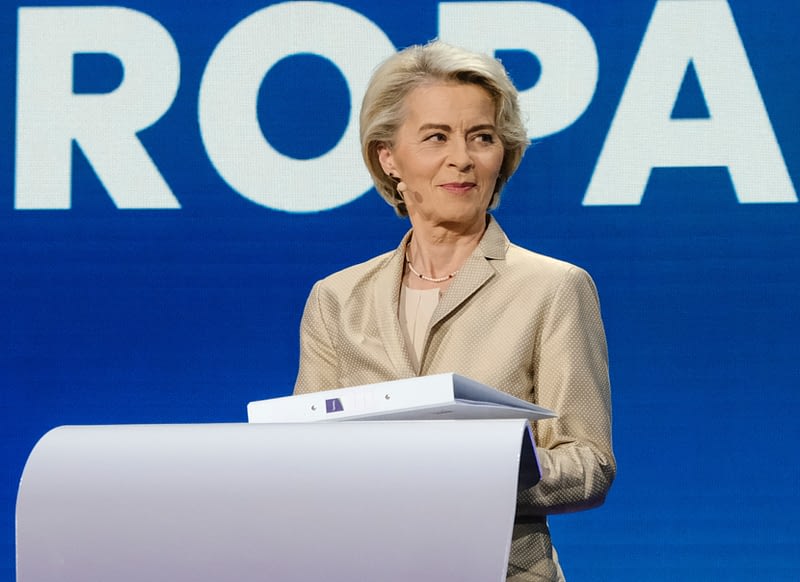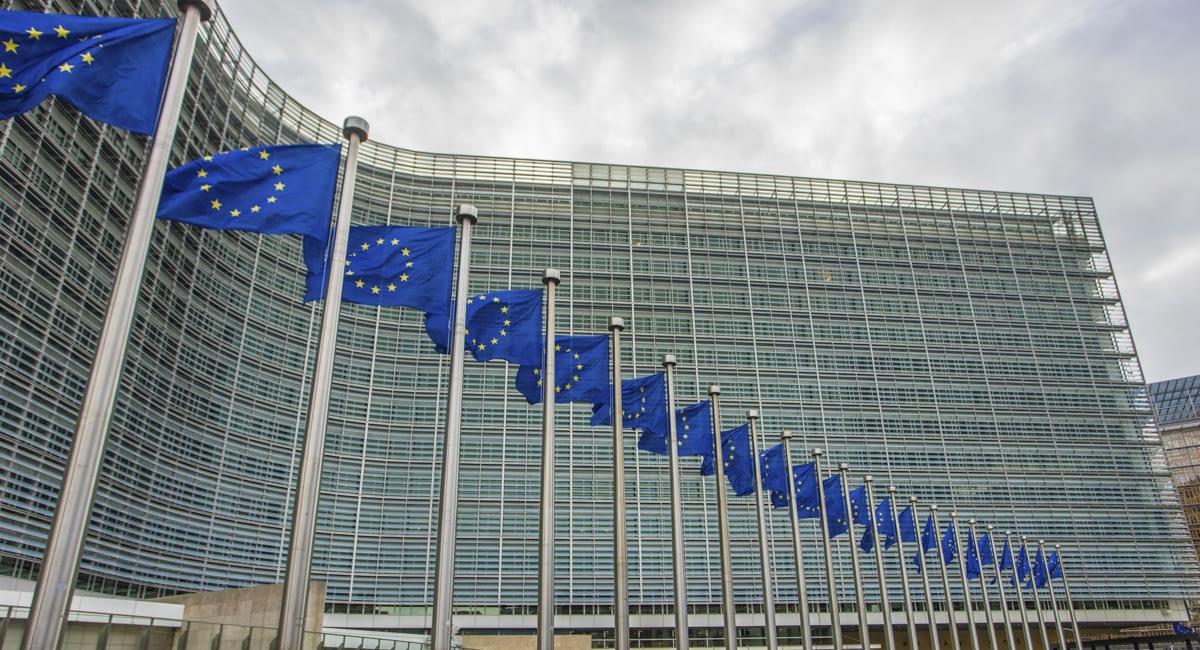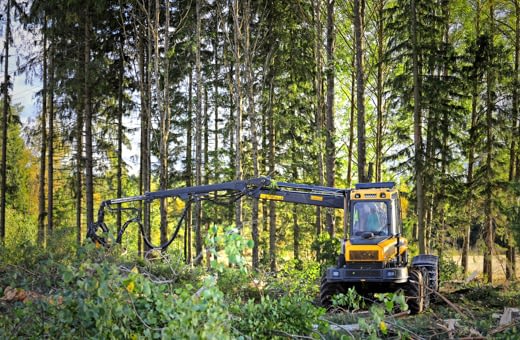This week in Strasbourg, President Ursula von der Leyen presented her new Commission Cabinet candidates to build a competitive, decarbonised, and circular economy. These leaders will drive forward President von der Leyen’s Political Guidelines and shape the European Commission’s agenda for the next five years. The Finnish Forest Industries Federation is optimistic about the future, as the incoming Commission outlines a policy framework aimed at enhancing EU competitiveness, supporting the green transition, and maintaining a strong commitment to phase down the use of fossil raw materials.
For the forest industries, this new agenda presents significant opportunities. With plans such as a new Circular Economy Act to create market demand for secondary materials, a new European Biotech Act as part of a Strategy for European Life Sciences to support the green transition and make the most of the biotechnologies that can help modernise bio-based industries, and the development of a pan-European investment platform for sustainable housing and the enlargement of the European Bauhaus, there are several opportunities for our industry to drive forward our role in the circular bioeconomy.
However, we recognise that achieving the ambitious economic and environmental targets set for the next legislative term will not be without its challenges. To aid in this transition, several initiatives are set to support industries like ours. The Industrial Decarbonisation Accelerator Act will help ensure that the forthcoming emission-reduction targets for 2040 are met. A European Climate Adaptation Plan will focus on climate resilience and there will be enhanced attention paid to forest resilience.
The new Commission faces the delicate task of balancing Europe’s economic and environmental objectives, but we believe these goals complement one another. Economic growth and environmental sustainability are not mutually exclusive. The Finnish forest industries have long demonstrated how progress in both areas can be achieved. Over the past decades, our sector has significantly reduced fossil carbon emissions through investments in energy efficiency, the increased use of renewable energy, and cutting-edge innovations. Today, renewable energy accounts for over 90% of our industry’s energy production, and wood-based materials are critical in reducing emissions by replacing fossil-based products like plastics, cement, steel, and fuels.
We urge the European Commission to remain ambitious and promote bioeconomy and that it is integrated into industrial and climate policies. The new Circular Economy Act should fully recognise sustainably sourced renewable content and raw material of the forest industry as circular input. The bioeconomy strategy must promote market access for innovations and products from the bio-based economy and create a regulatory framework incentivising renewable material solutions and European raw material availability. Moreover, the Clean Industrial Deal, Industrial Decarbonisation Accelerator Act, and Clean Transition Dialogues should support bio-based carbon capture and utilisation along the hydrogen economy to decarbonise and bring down energy prices.
As a sector already achieving climate goals, driving innovation, and providing growth and jobs in rural areas, we stand ready to share our expertise and experience. The Finnish forest industries have shown how sustainability, competitiveness, and innovation go hand in hand. We look forward to working closely with the new Commission to achieve Europe’s ambitious 2025-2029 goals, contributing to a greener, more competitive, self-sufficient, and prosperous future.






